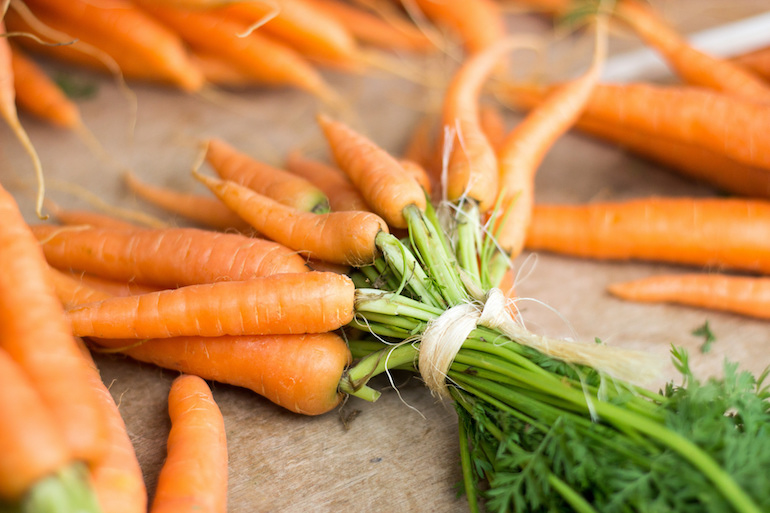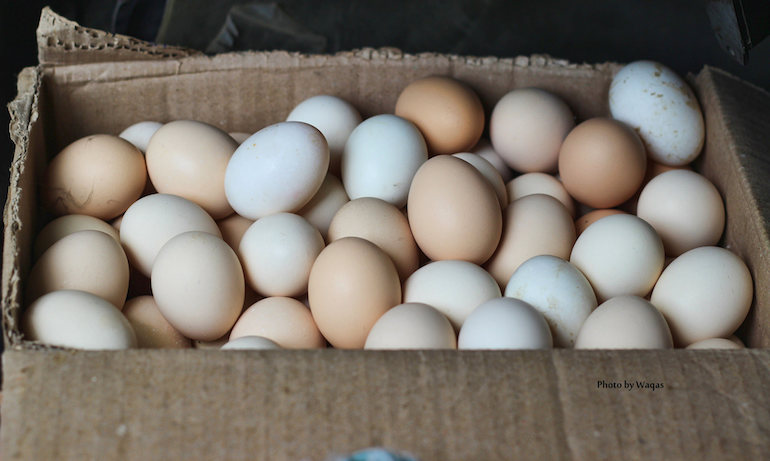Before I even set foot on my campus, I’d heard plenty of jokes about the diets of college students. The words “freshman 15” were pretty commonplace, jokes about dining hall food were just as rampant as they were in high school and the rumors about students surviving on a diet of ramen alone refused to die.
Once I’d knocked out one semester full of dried-out dining hall chicken and overcooked vegetables, I started wondering about how I would fare on my own. Could someone honestly survive on a diet based almost entirely around instant noodles and popcorn? While middle-school-me certainly would have thought so, college-me had her doubts. Surely there was a way to eat healthy and affordably, right? It couldn’t be that hard.
Turns out, it sort of was. Growing up, my parents had always taught me to watch what I put into my body. We’ve all heard about the dangers of drinking too much soda and eating too much junk food, but beyond that, how much do we really think about what we’re eating? What about the chemicals in our cereals, or the poisons sprayed on our fruits and veggies, or the hormones and antibiotics in our meat?

Photo courtesy of @zoesque at flickr.com
I didn’t think about it too much at home, where my family frequently stopped at stores like Trader Joe’s for food. But standing in the grocery aisle by myself, with two different brands of eggs in my hands, I could not stop thinking about it. Obviously, organic foods tend to be much more expensive than non-organic. Sometimes, it’s by mere pennies. Others, it’s not. But, as a college student who tries not to cringe as I drop two dollar’s worth of quarters into the laundry machine, those pennies suddenly feel very important. It’s hard to justify spending so much more on something you can’t see an actual difference in.
According to the Maine Organic Farmers and Gardeners Association, organic eggs cost 61% more than non-organic eggs, and that’s not even the biggest price difference. Organic peanut butter is a whopping 125% more expensive per ounce. On one hand, I didn’t know how I could afford to select the more expensive product on a college budget. But, I also couldn’t help but ask myself: how could I not?

Photo courtesy of @anees.waqas at flickr.com
The more I researched about organic vs. non-organic foods, the more unsettled I felt when it came to making certain non-organic purchases. Many non-organic foods contain dangerous pesticides and hormones—these pesticides may elevate your risk of developing cancer, certain neurological disorders, birth defects, infertility, and more. They also have potential to contaminate our water supply, which hurts us and any animals that use whatever body of water the pesticides have infiltrated.
No, I don’t see of feel any difference when I eat most non-organic foods—not now, at least. But what about in ten or twenty years? And what damage am I doing outside of my own body when I pick something to save a few dollars?
Of course, there are still instances I don’t always shop organic, but I do what I can. To me, it’s not worth my health, or the health of the environment, to buy something riddles with hormones and poisons. It’s not always easy, especially on a college budget. Sometimes, it’s just not possible. But I do what I can. Sometimes choosing to shop organic means there’s other things I can’t buy, but if that’s what it takes to look out for my health, then so be it.

